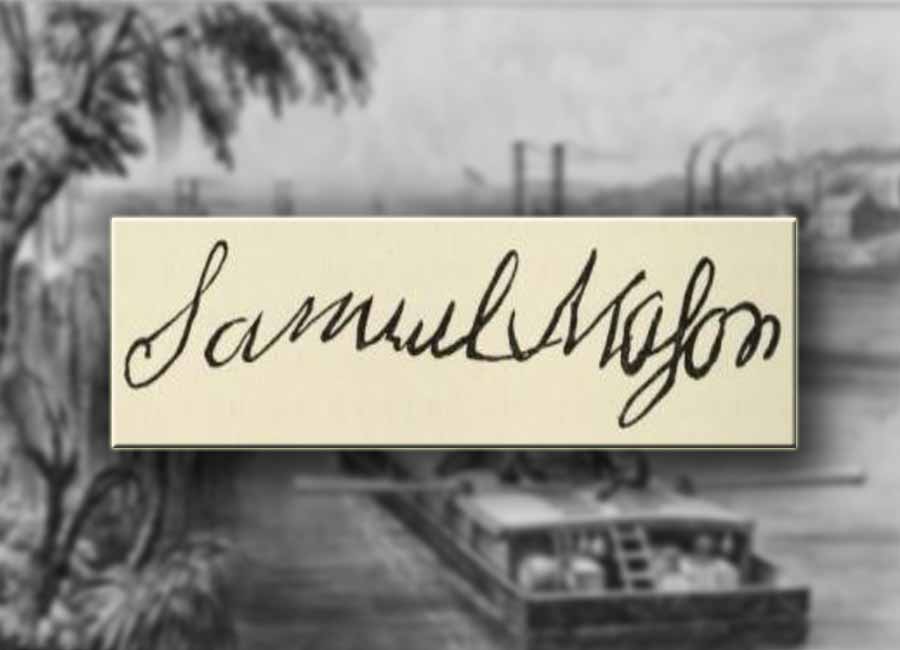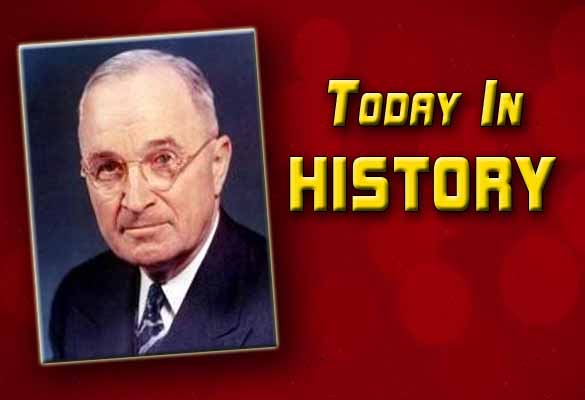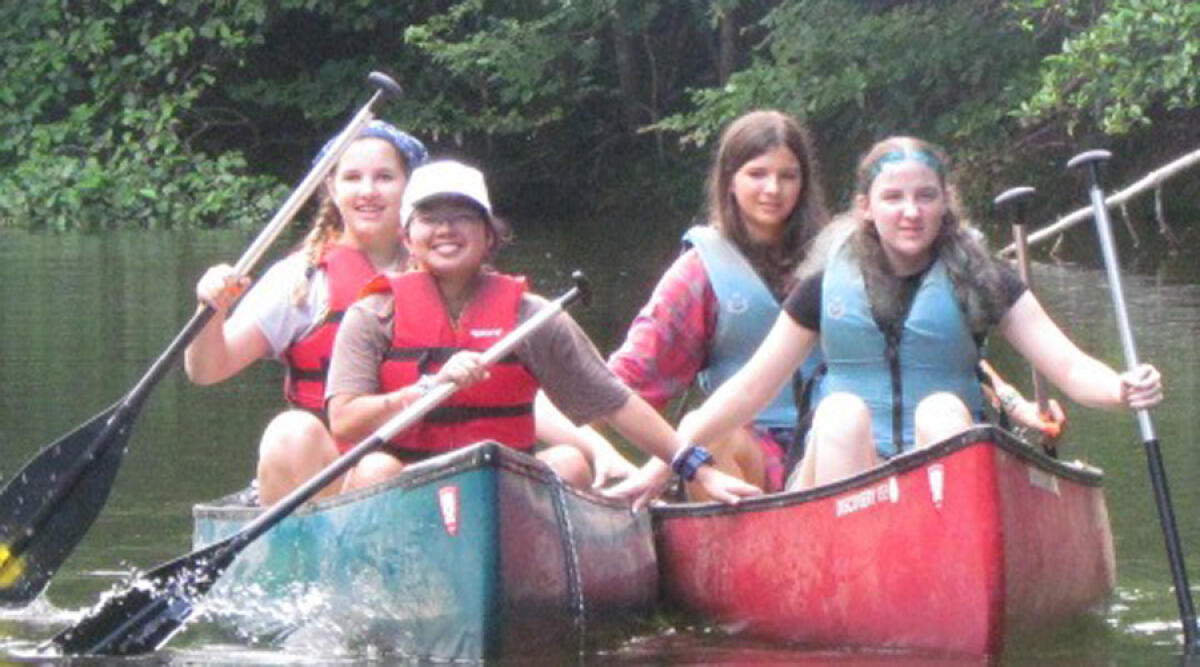- Friday, 30 January 2026
- Have a HOT TIP? Call 704-276-6587 or E-mail us At LH@LincolnHerald.com
Patriot Turned Pirate
Samuel Ross Mason

In this, another in the series of articles from the SAR and DAR leading up to America's 250th birthday in 2026, we learn more about Samuel Ross Mason.
Samuel Ross Mason was a Patriot captain in command of Fort Henry on the Ohio frontier who survived a Native American attack on August 31, 1777. But this is only part of his story…
The son of a distinguished Virginia family, Samuel Mason became a militia officer and was assigned to the western frontier post of Fort Henry in present-day West Virginia. In the summer of 1777, with the colonies fighting a war for independence, Mason feared attacks by the Native allies of the British. He was proven correct on August 31, 1777, when a band of Native Americans from several eastern tribes attacked the fort.
The Native Americans initially fired only on several men who were outside the fort rounding up horses. Hearing the shots, Mason gathered 14 men and rode to their rescue; this was exactly what the warriors hoped he would do. They ambushed the party, killing all but Mason. Badly wounded, Mason escaped death by hiding behind a log. A second party that attempted to come to his rescue suffered the same fate as the first. All told, Mason lost 15 men, compared to only one fatality among the attackers.
Mason recovered from his wounds and continued to command Fort Henry for several years. From August 11 to September 14, 1779, Mason, while at Fort Henry, accompanied Colonel Daniel Brodhead and his 8th Pennsylvania Regiment of the Continental Army combined with militia troops from Fort Pitt to destroy ten tribal villages of the pro-British Seneca tribe in northeastern Pennsylvania during the Sullivan Expedition in retaliation for the devastating Iroquois attacks in the Cobleskill, Wyoming Valley and Cherry Valley massacres of 1778.
In his book, The Outlaws of Cave-In-Rock, Otto A. Rothert stated that in 1779 Samuel Mason moved to a part of Virginia, east of Wheeling that is now in present-day Washington County, Pennsylvania, where he was elected justice of the peace and later selected as an associate judge, leaving for an area that was then a part of Virginia and now the present-day State of Kentucky, in 1784. According to court martial records in Ohio County, Virginia, Captain Mason was still on duty as an officer in the Ohio County, Virginia Militia at Fort Henry until 1781. He appeared at the court martials and was present as a witness for military proceedings against other soldiers. Samuel Mason appeared twice at the Ohio County courthouse in Wheeling on November 7, 1780, and May 7, 1781.
Following the end of the war, though, he fell into hard times. Repeatedly accused of being a thief, he moved farther west into the lawless frontier of the young American nation. In the early 1790s, Samuel Mason moved his family to the Red Banks on the Ohio River, now Henderson, Kentucky, where he began his full-time criminal activities. He later settled downriver on Diamond Island and engaged in river piracy. By 1797, he had become a pirate on the Mississippi River, preying on boatmen who moved valuable goods up and down the river. He also reportedly took to robbing travelers along the Natchez Trace in Tennessee, often with the assistance of his four sons.
Mason moved the base of his operations further downriver to Cave-in-Rock on the Illinois side of the river in the Northwest Territory. The Mason Gang of river pirates openly based themselves at the prominent Ohio River landmark known as Cave-in-Rock, a huge shelter cave. Samuel Mason had a brief association with the first known serial killers in America, Micajah and Wiley Harpe, as well as Peter Alston, and possibly John Duff, the counterfeiter. Mason and his gang stayed at Cave-In-Rock until the summer of 1799, when they were expelled by the "Exterminators", a group of regulators under the leadership of Captain Young of Mercer County, Kentucky.
Samuel Mason moved his operations down the Mississippi River and settled his family in the territory of Spanish Louisiana, now the present-day state of Missouri, and became a highwayman along the Natchez Trace in Mississippi Territory, now the present-day state of Mississippi. It was on the Natchez Trace that Mason received his most infamous nickname. He would leave a message after each crime (often in the blood of his murdered victims) proudly stating, "Done by Mason of the Woods". In April 1802, Mississippi Territorial Governor William C. C. Claiborne was informed that Mason and Wiley Harpe had attempted to board the boat of a Colonel Joshua Baker between Yazoo, now Yazoo City, Mississippi, and Walnut Hills, now Vicksburg, Mississippi
By the early 1800s, Mason had become one of the most notorious desperados on the American frontier, a precursor to Jesse James, Cole Younger and later outlaws of the “Wild West.” In January 1803, Spanish authorities arrested Mason and his four sons and decided to turn them over to the Americans. En route to Natchez Trace, Tennessee, Mason and his sons killed the commander of the boat and escaped.
Determined to apprehend Mason, the Americans upped the reward for his capture, dead or alive. The reward money soon proved too tempting for two members of Mason’s gang; in July 1803 they killed Mason, cut off his head and brought it into the Mississippi territorial offices to prove that they had earned the reward. The men were soon identified as members of Mason’s gang, however, and they were arrested and hanged.
There is not a known portrait of Samuel Mason. However, a man named Swaney, who saw Samuel Mason often, described his appearance: "He weighed about two hundred pounds, and was a fine looking man. He was rather modest and unassuming and had nothing of the raw-head-and-bloody-bones appearance which his character would indicate". Another man, Henry Howe described Mason as: "...a man of gigantic stature and of more than ordinary talents". A William Darby also described him as follows: "Mason at any time of his life or in any situation, had something extremely ferocious in his look, which arose particularly from a tooth which projected forwards, and could only be covered with his lip by effort".

 Jennifer Baker, DAR Vesuvius Furnace
Jennifer Baker, DAR Vesuvius Furnace














